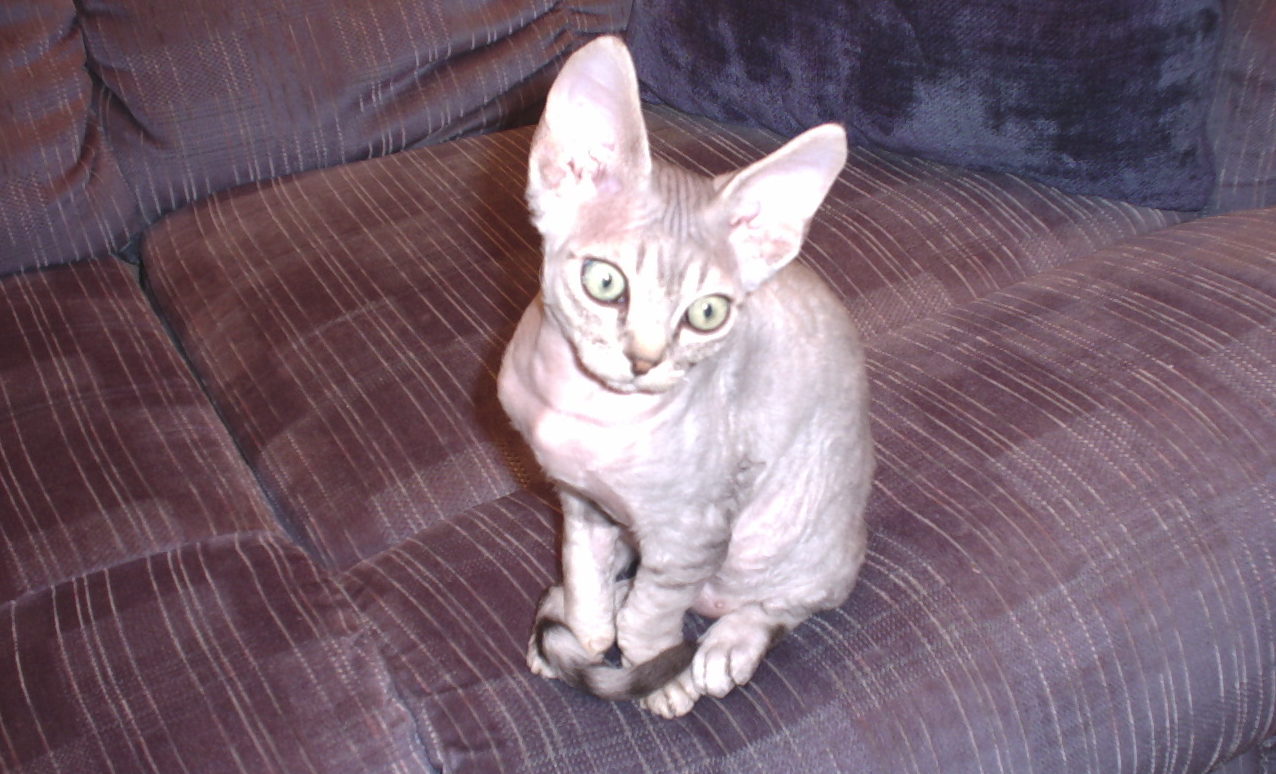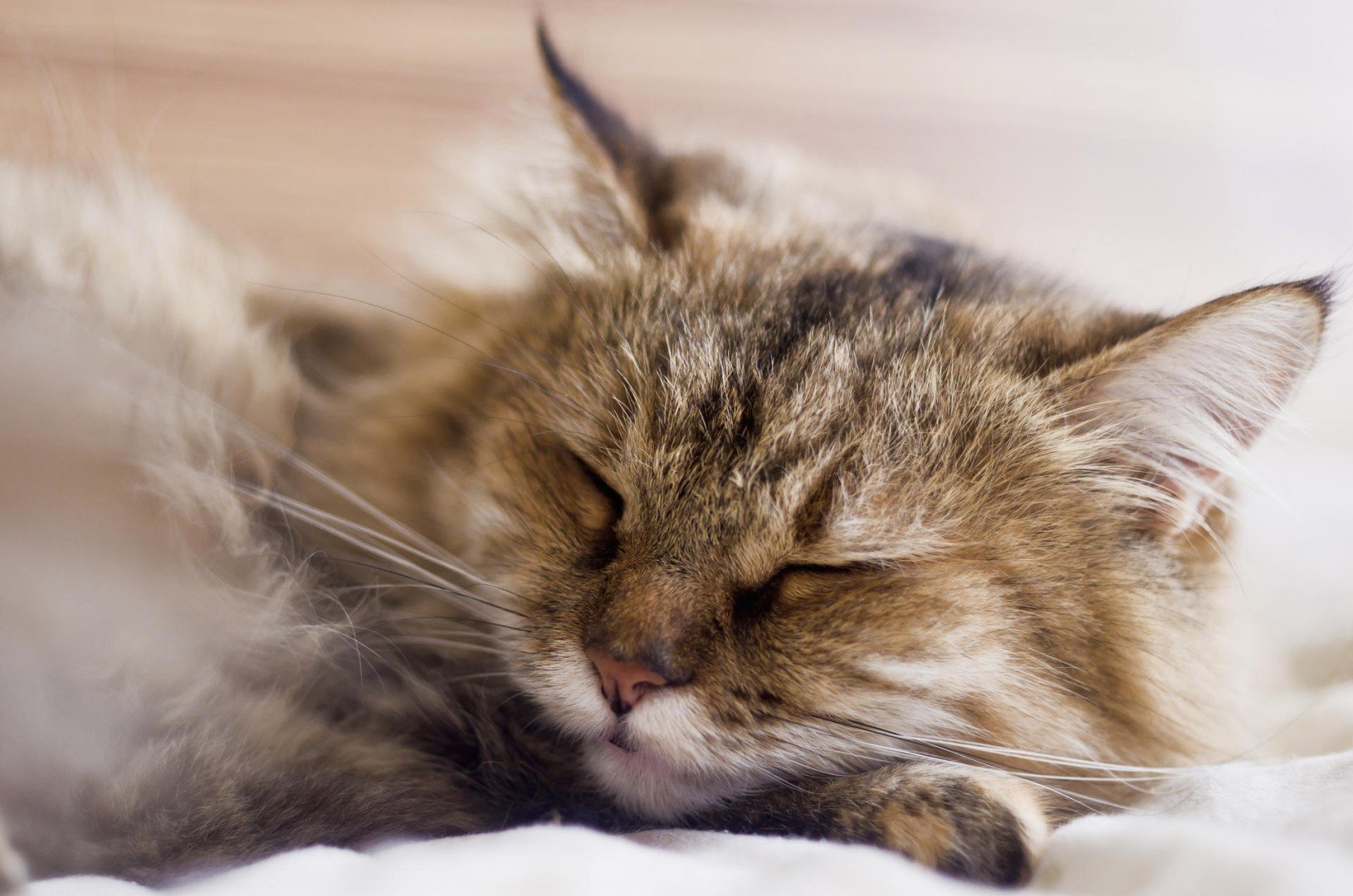Fip In Cats Contagious To Other Cats

FIP is short for feline infectious peritonitis.
Fip in cats contagious to other cats. It has been said that 90 of the domestic feline population have been exposed to this disease but it is relatively. Although FIP is not believed to be contagious it is a very serious disease. One of the complicated aspects of FIP is that while Feline Coronavirus FCoV is very common Feline Infectious Peritonitis is rare.
Rather FIP develops in individual cats after they are infected with FeCV and the virus undergoes mutations to become FIPV FIPV itself is not passed in the feces. Early signs of FIP can vary but often include a rising and falling fever loss of appetite and energy loss. Even with the more harmful strains apparently healthy cats may be carriers of the virus and may shed the virus without ever showing signs of disease.
Thus we now know that the vast majority of cats do not catch FIP but they develop it themselves from their own mutant FECV. It is important to remember that FIP in cats is contagious to other felines although not infectious to humans or other animals. It may be helpful to minimise stress and ensure.
When a cat gets FIP it is progressive and almost always fatal. FIP is a mutation of the Feline Corona Virus Fcov. Close contact between cats is very important for transmission of the disease.
Although the I in FIP stands for infectious the syndrome usually does not spread from one cat to another. Like people cats do not live forever. Of cats exposed to feline coronavirus only 5-10 of infected cats go on to develop FIP.
In an affected cat the virus spreads throughout the body and can cause a wide range of different signs including peritonitis with the accumulation of fluid in the abdomen but in other cats fluid may accumulate in the chest cavity. This fact has caused leading FIP researchers to state that cats who are ill with FIP are unlikely to be a risk to other cats and thus do not need to be isolated. How is feline infectious peritonitis spread.

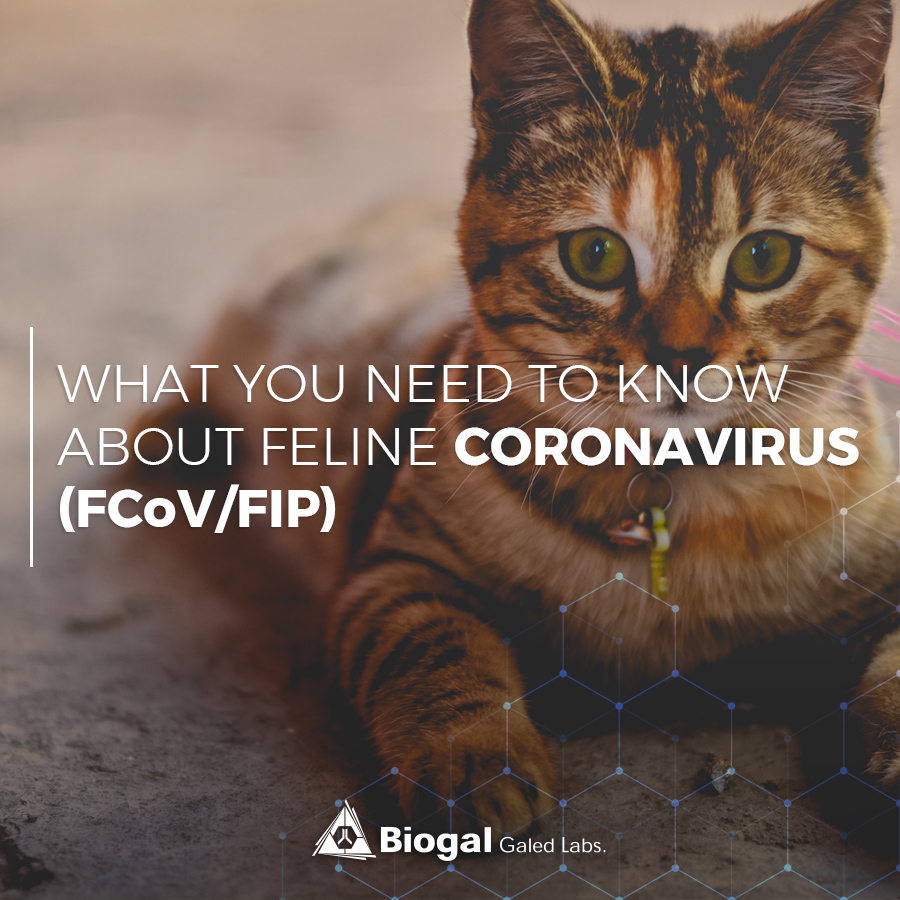
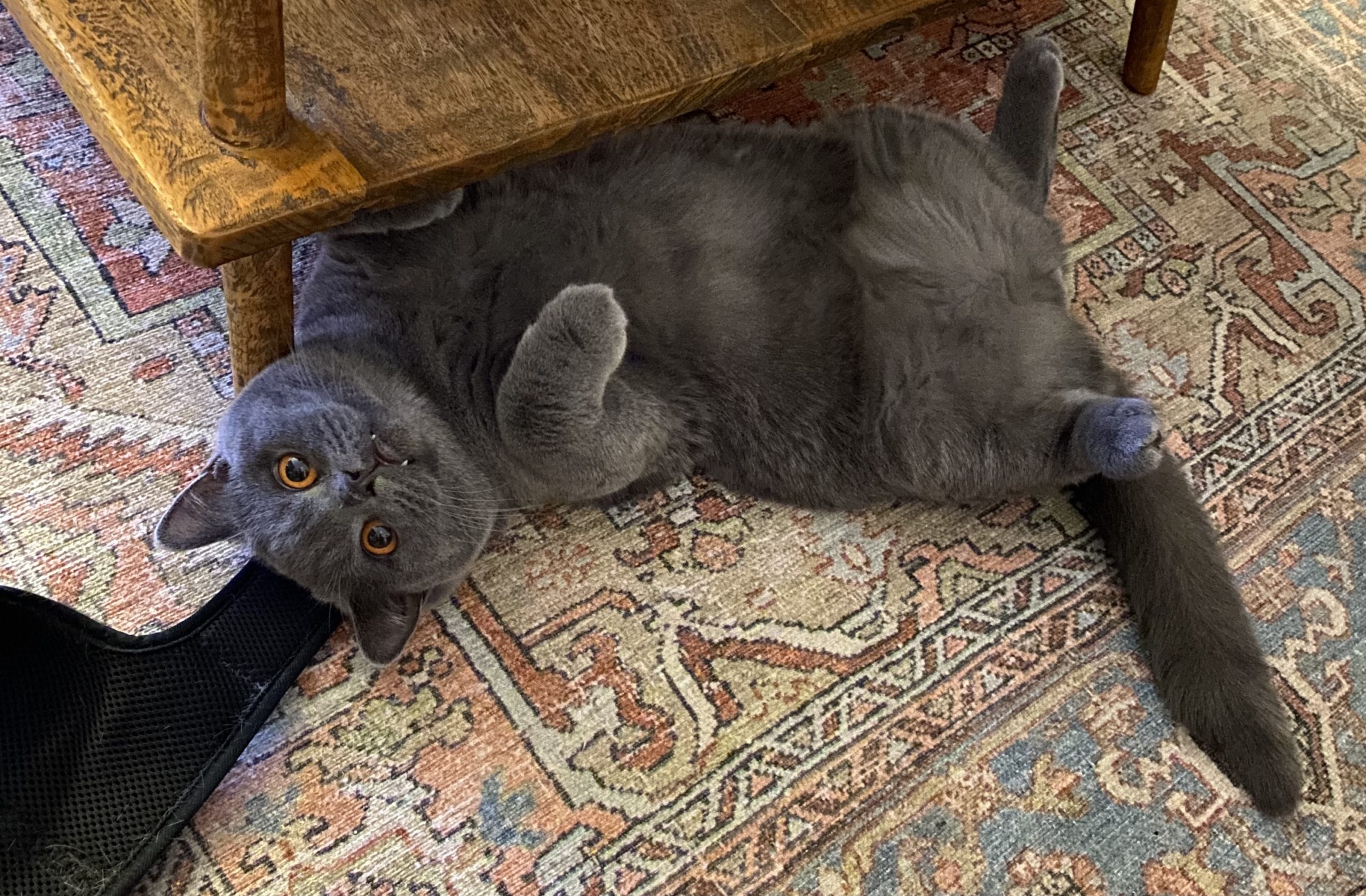


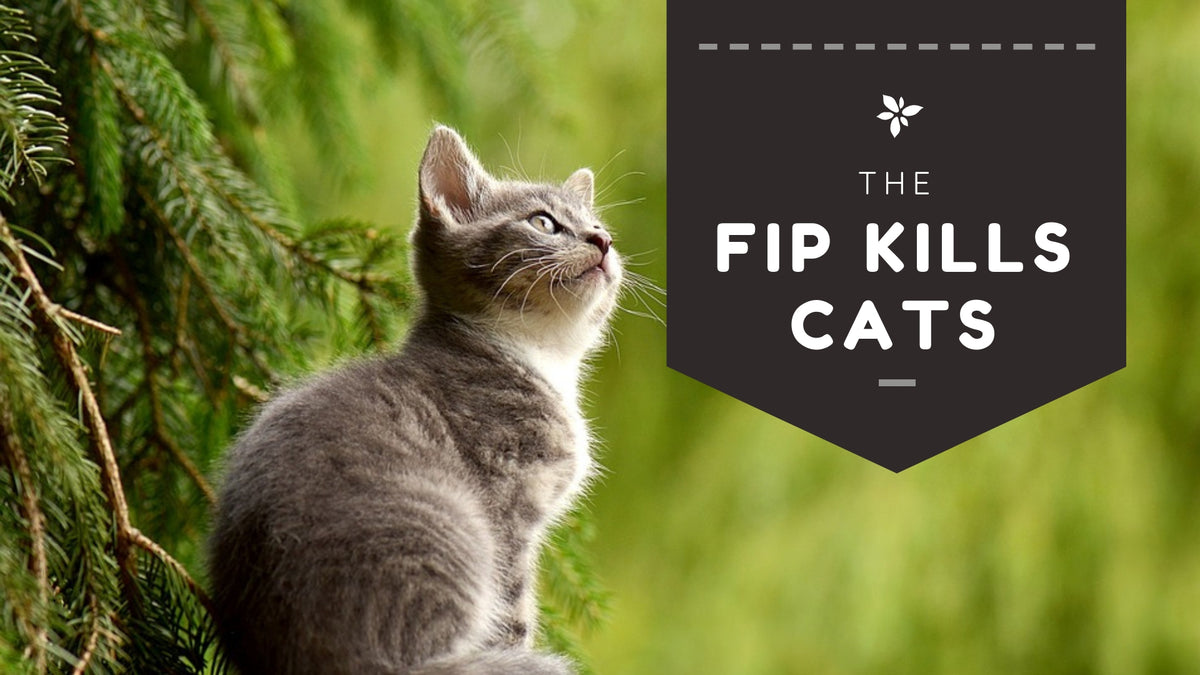
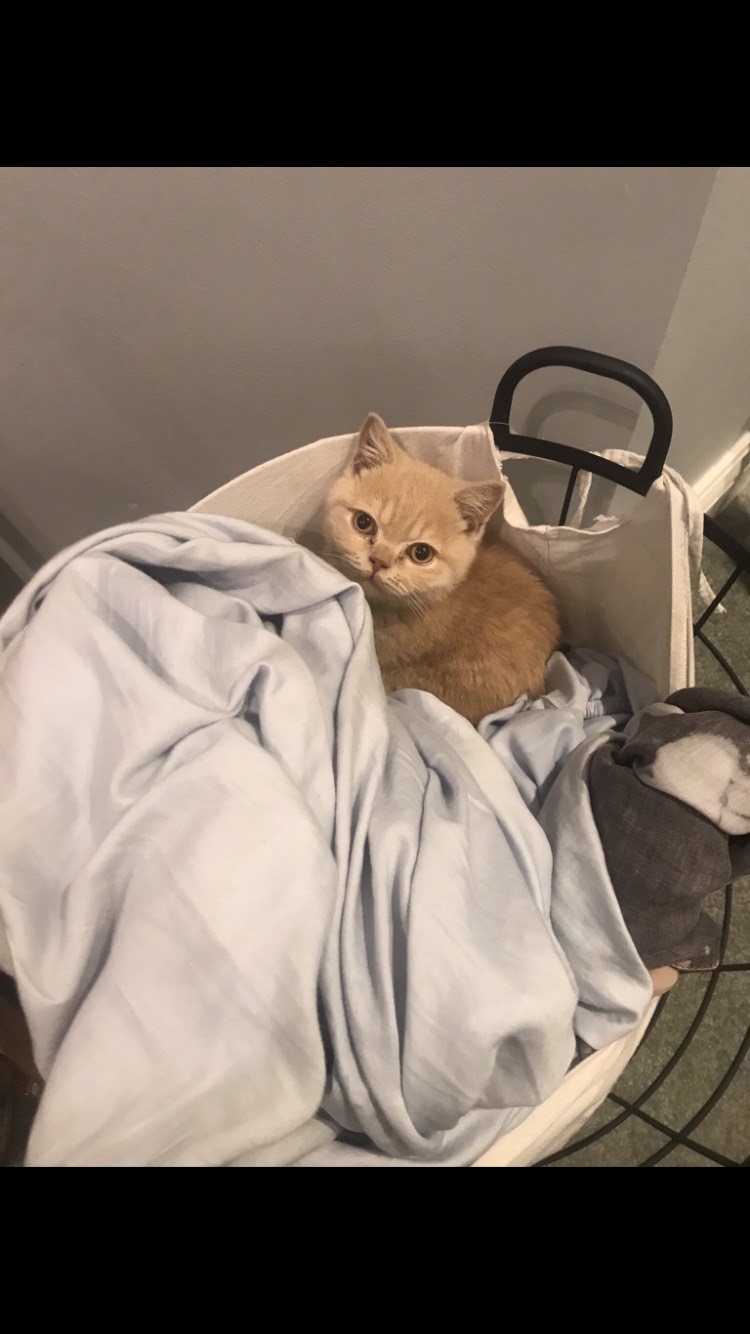

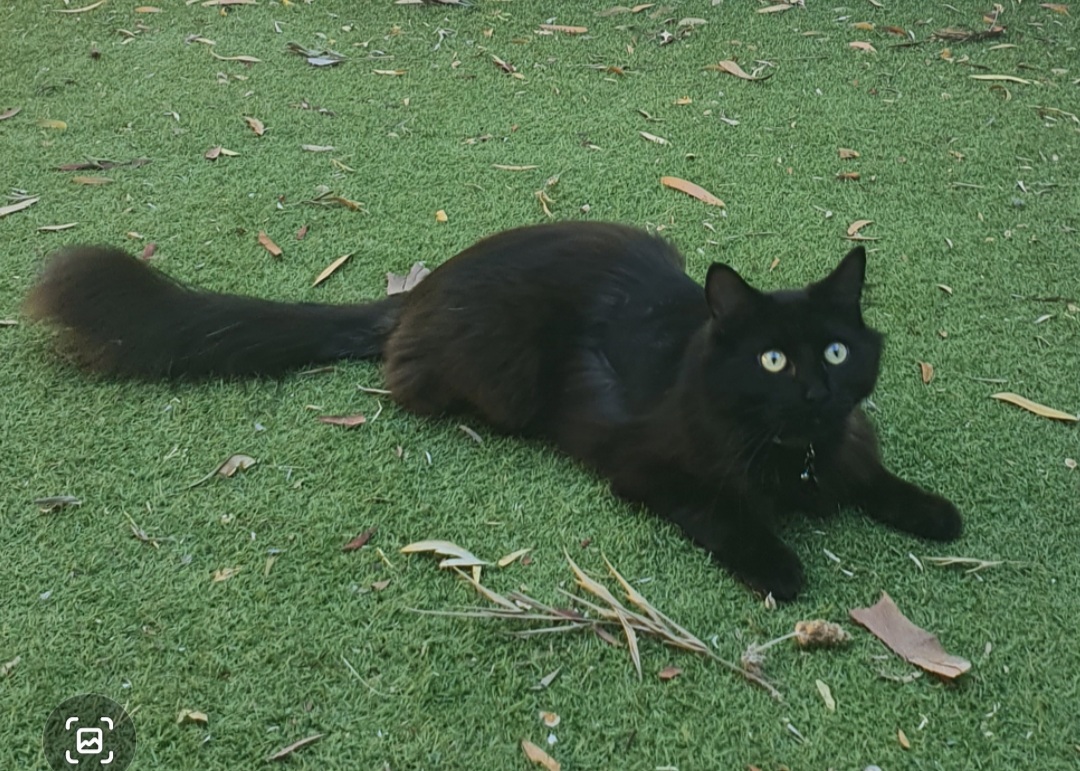

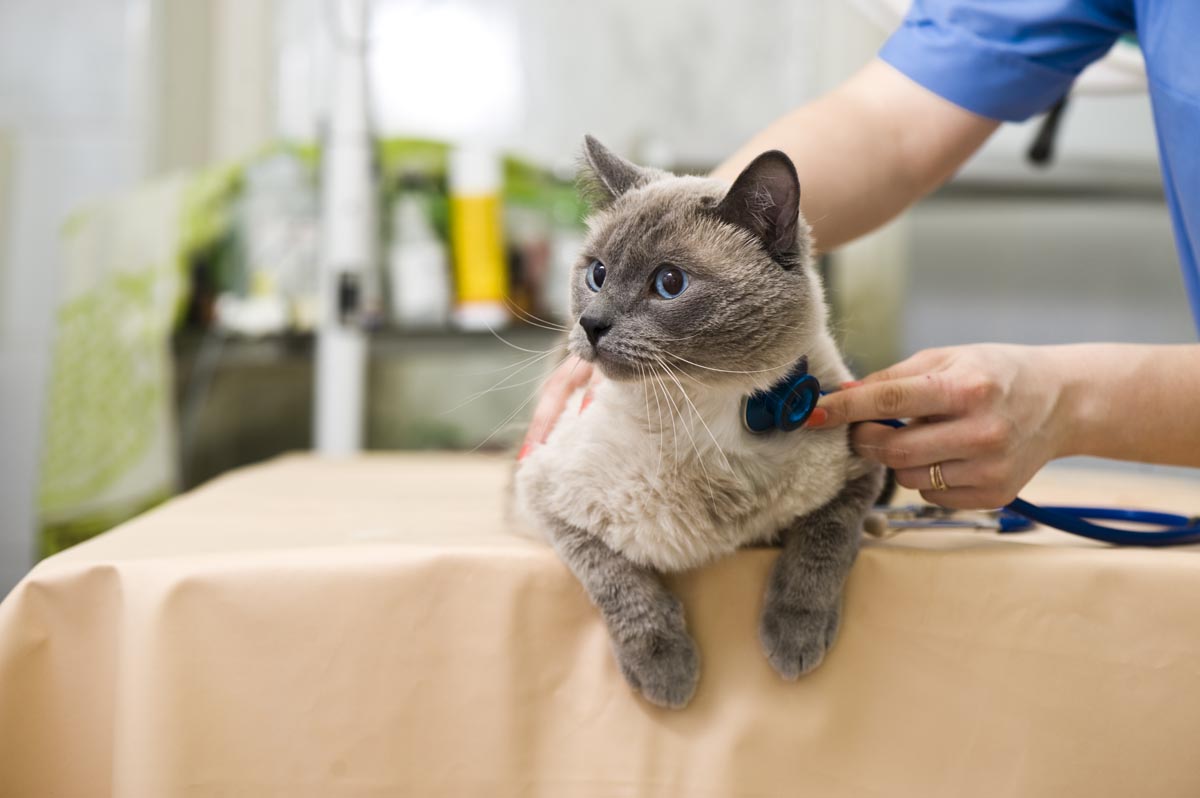

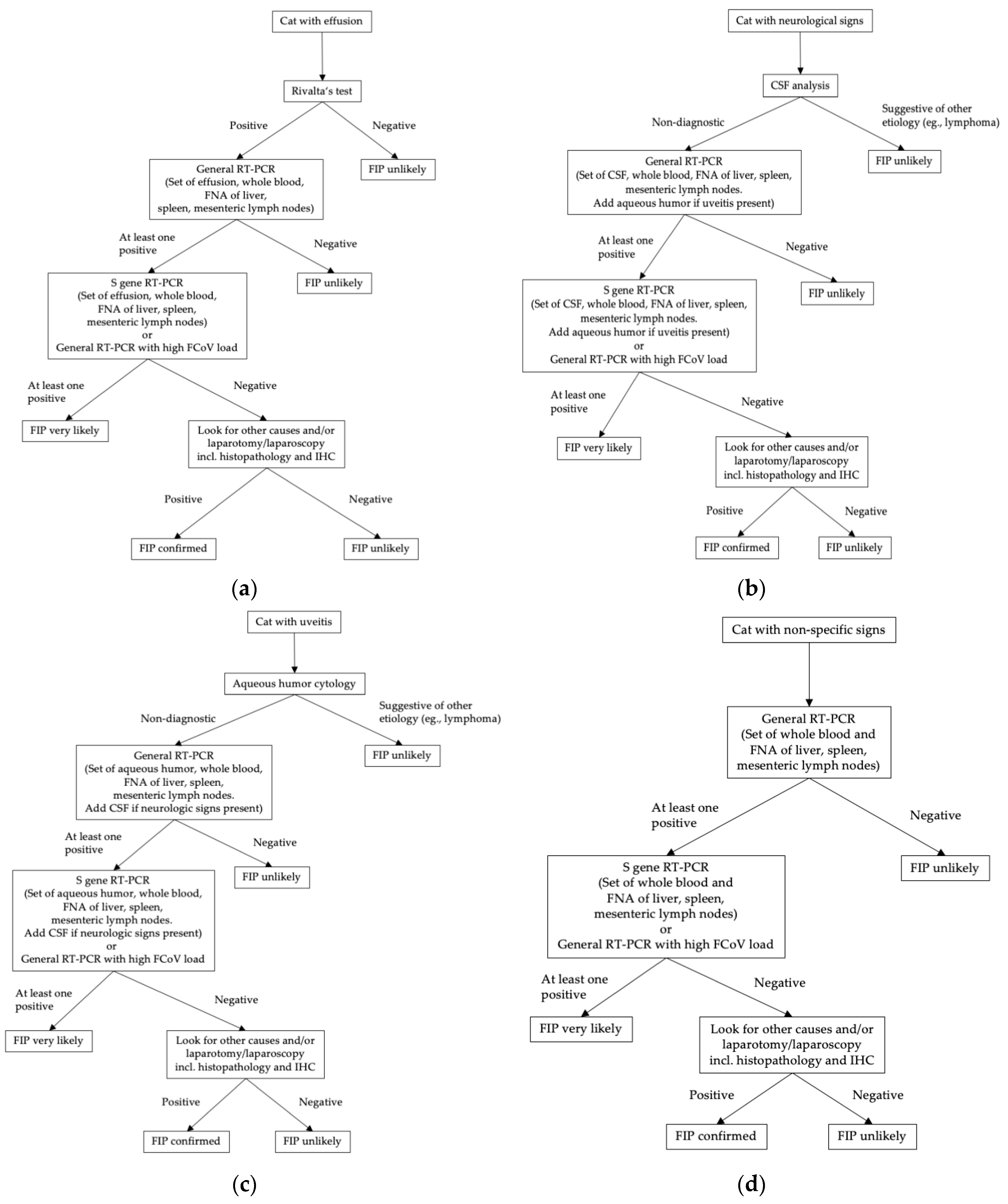
/GettyImages-972196936-c03294a9270b46ca96d5cf89e8b36f3b.jpg)
